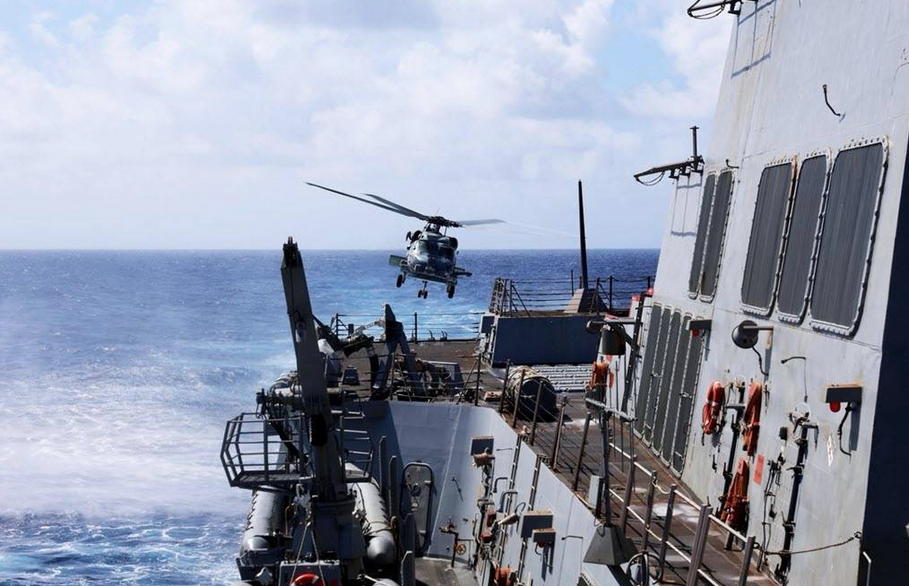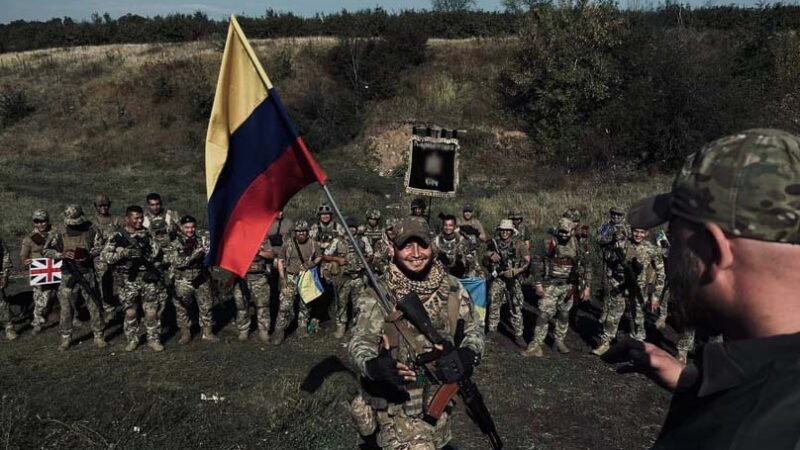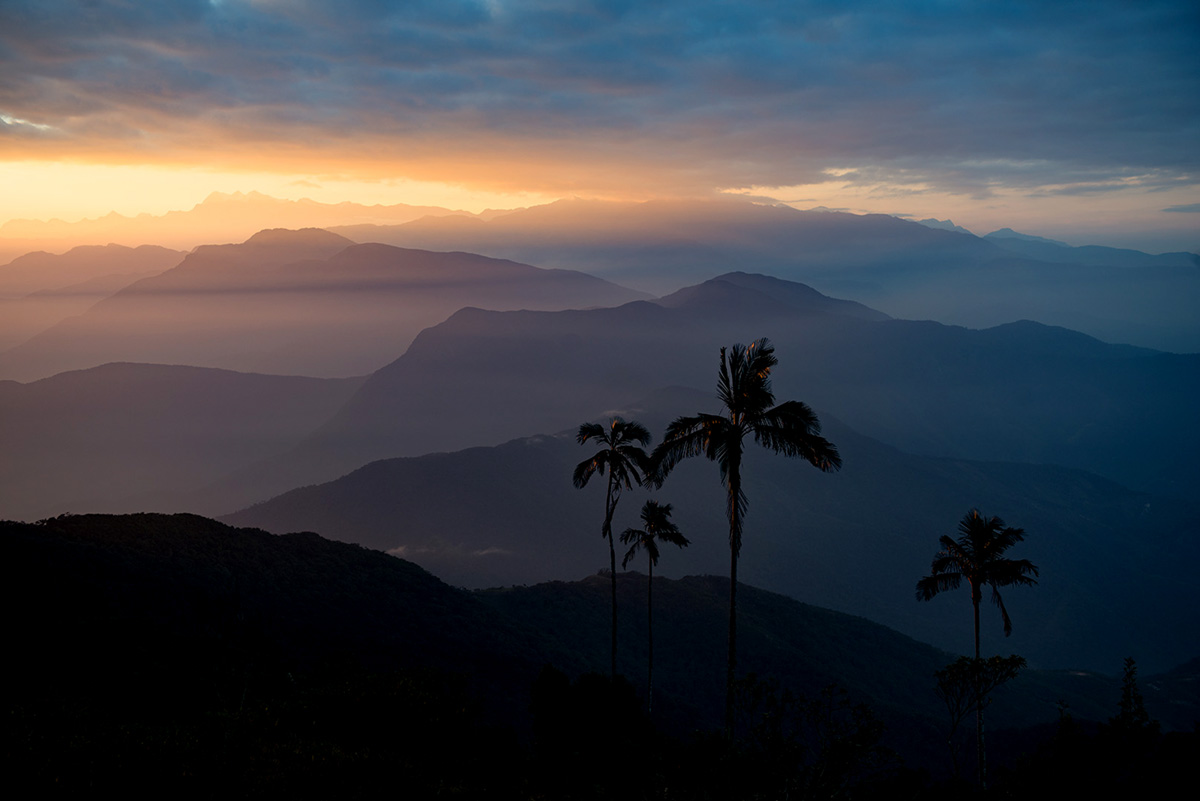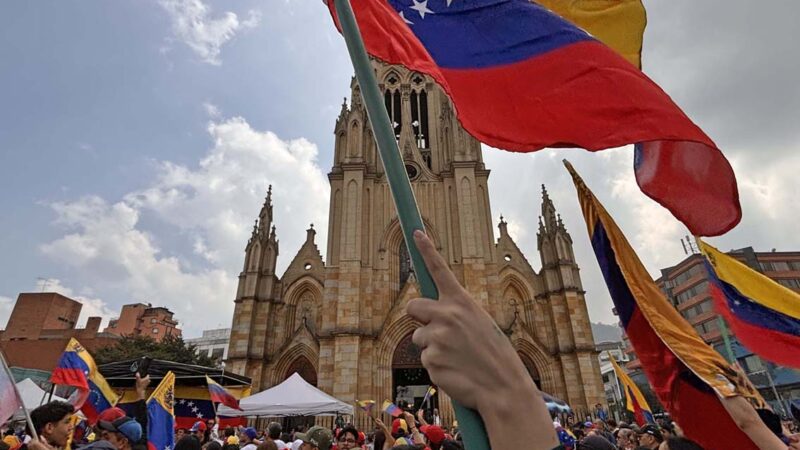
The Caribbean is bristling with US warships. U.S President Donald Trump has dispatched three guided-missile destroyers to waters off Venezuela, reviving memories of past interventions and fueling speculation that Washington is preparing a showdown with the regime’s Nicolás Maduro.
The deployment of the USS San Antonio, USS Iowa Jima and USS Fort Lauderdale, comes barely a week after Colombia buried Senator Miguel Uribe Turbay, the young conservative whose assassination has shaken the political establishment. His funeral, marked by both grief and outrage, underscored the volatility now gripping Colombia – a nation already struggling with spiralling violence, stalled peace talks and mounting political polarisation. It is against this sombre backdrop that Washington has chosen to flex its military muscle in the Caribbean, a move laden with symbolism for a region haunted by memories of past interventions.
In Caracas, Maduro projects defiance. In a nationally televised address, he announced the mobilization of more than 4.5 million civilian militiamen, deploying them to factories, workplaces and communities across Venezuela as part of what he called an “offensive special” plan to safeguard the country. “The empire has gone mad and has renewed its threats to Venezuela’s peace and tranquillity,” he declared, framing the militia’s role as a “plan of peace”.
The confrontation raises a deeper question for Latin America: what happens if Maduro falls? Whether by betrayal within his armed forces or by a US-led ousting in the style of Panama’s Manuel Noriega in 1989, his departure would leave the continent devoid of a dictators and a “pink tide” reduced to puddle embraced by only two presidents: Brazil’s Luiz Inácio Lula da Silva and Colombia’s Gustavo Petro.
Lula and Petro embody two divergent currents of the Latin American left. Lula, the pragmatic socialist, has built his third presidency around stabilising Brazil and restoring its global credibility. His politics are rooted in compromise, institutional respect and cautious economic management. Petro, by contrast, is an ideological firebrand, Colombia’s first leftist president, who has allied himself closely with Maduro and cast his administration as a struggle against entrenched elites and foreign powers.
The contrast could not be sharper. Lula, along with the very moderate Gabriel Boric of Chile, represent a reformist left that seeks to endure by accommodating markets and moderates. Petro represents a harder current, pushing the boundaries of democratic consensus while struggling to contain armed insurgencies and surging urban violence.
The left’s fragility was laid bare in Bolivia on Sunday when the Movimiento al Socialismo (Mas), dominant for nearly two decades, suffered a crushing defeat. Its chosen candidate, interior minister Eduardo del Castillo, barely reached 3% of the vote – just enough to preserve the party’s legal status. Bolivia has now swung to the centre-right, further reducing the socialist footprint in the Andes.
For Washington, Maduro’s removal would be tempting to frame as the end of Latin America’s socialist experiment. Yet such an outcome would merely crystallise a new split: between Lula’s pragmatic reformism and Petro’s hard-edged radicalism.
For Colombia, the stakes could not be higher. Petro’s Historic Pact coalition is preparing for next year’s election, but the right remains fractured. The assassination of Miguel Uribe Turbay has deprived conservatives of a rising star, leaving parties scrambling to rally around a candidate capable of challenging the president’s movement. Without a unified right, Petro’s left could once again claim the advantage, even as his administration struggles with dwindling popularity and escalating unrest.
The risk is that Colombia becomes increasingly isolated – tied closely to Maduro in Venezuela, out of step with the more pragmatic course set by Lula in Brazil, and surrounded by a region where the left is in retreat. Petro’s ideological affinity with Caracas may provide rhetorical solidarity, but it leaves Colombia exposed at a time when Washington appears intent on redrawing the region’s political map with the language of counter-terrorism and military deterrence.
At this watershed moment for South America, the image of “progressives” filling plazas from Caracas to Buenos Aires with the rhetoric of anti-imperialism and social justice appears to have run its course. Should Maduro fall, only Lula and Petro remain – and the dissonance between their projects will can no longer shape a better future as time is not on their side. For Colombia, the immediate future means greater isolation at precisely the moment the nations needs its allies most.
Share this story
Richard Emblin
Richard Emblin is the director of The City Paper.









